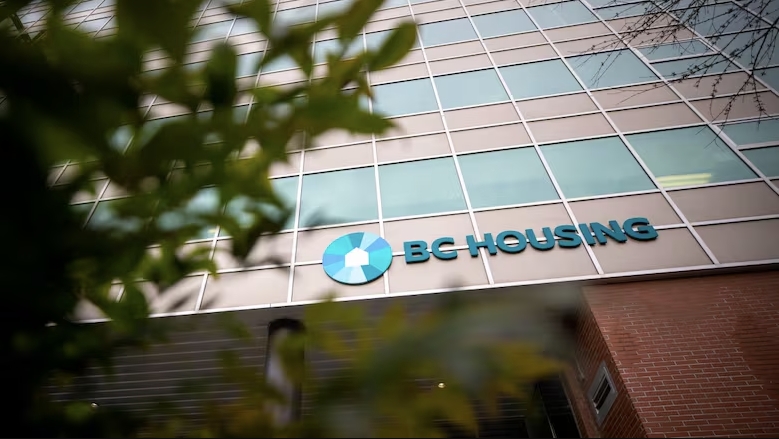Supportive Housing Providers Sound Alarm on Violence, Push for Legal Changes Amid Safety Fears
Sarah Desjardins
5/9/20252 min read


Non-profit housing providers across British Columbia are raising urgent safety concerns over increasing incidents of violence and weapons inside supportive housing buildings. They say current provincial tenancy laws tie their hands when it comes to protecting staff and residents — and they're calling for major changes.
The demand follows a suspected homicide at the Waterview supportive housing complex in Victoria last month, where a 34-year-old man was found dead following a fire. Carolina Ibarra, CEO of Pacifica Housing, which oversees the building, says the tragedy underscores the risks staff face daily. “We’ve long warned about weapons on site and our inability to remove them or evict those posing serious risks,” she said.
Under the Residential Tenancy Act, housing providers cannot immediately evict a tenant for having a weapon, nor can they enter a unit to confiscate prohibited items without following due process. Ibarra and others say this leaves staff powerless in potentially dangerous situations.
Micheal Vonn, CEO of PHS Community Services Society, says housing providers carry far more responsibility than typical landlords but operate under the same legal limitations. “What employer has to wait months for a tribunal decision just to remove a threat from their workplace?” she asked.
In response, several housing providers have formed the Coalition for Safe and Sustainable Supportive Housing to advocate for regulatory change. They argue that supportive housing — which serves individuals with histories of homelessness, addiction, or mental health challenges — requires a unique framework to balance compassion with safety.
However, tenants' rights advocates caution against removing legal protections. Douglas King of Together Against Poverty in Victoria warned that evicting vulnerable residents from supportive housing is tantamount to sending them back to the street. “We can’t strip away rights from everyone because of a few incidents,” he said.
King and housing providers both agree that one immediate solution is boosting staff levels. In the Waterview building, just two staff were on shift to support 49 residents. King says more funding is needed to ensure safer environments through better staffing and oversight.
Housing Minister Ravi Kahlon acknowledges the safety challenges but says the province will not remove supportive housing from the Residential Tenancy Act. Last year, the government expanded rules to allow regular wellness checks, and Kahlon says the province remains open to further changes—so long as tenants’ rights are preserved.
“These buildings are homes for people who would otherwise be on the street,” said Kahlon. “Yes, we need to make them safe. But we also need to treat people with dignity and ensure they have basic protections.”
Kahlon has appointed a working group of law enforcement and housing experts to examine how to improve safety and address concerns around weapons in supportive housing.
News
Stay updated with the latest BC news stories, subscribe to our newsletter today.
SUBSCRIBE
© 2025 Innovatory Labs Inc.. All rights reserved.
LINKS
